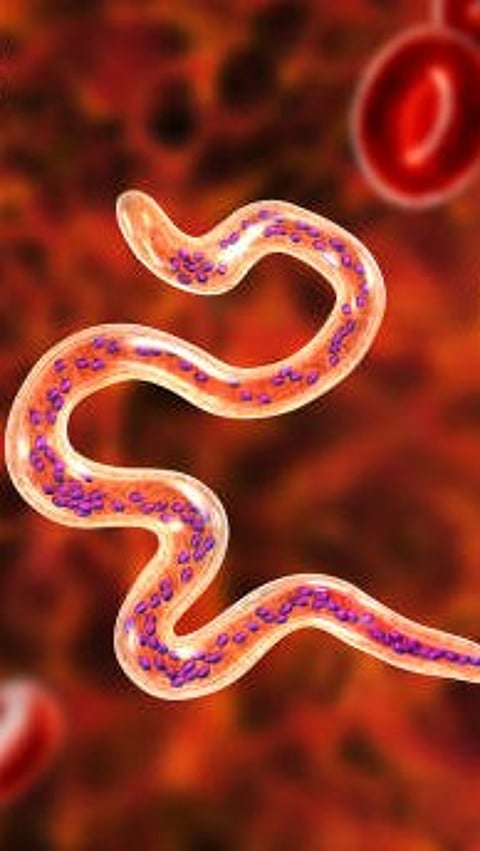Deadly Diseases In The World
The world has been a witness to many deadly diseases, with most of them claiming hundreds of thousands of lives. From Zika virus to Corona virus, the world has survived through a lot.
The world has been a witness to many deadly diseases, with most of them claiming hundreds of thousands of lives. From Zika virus to Corona virus, the world has survived through a lot.

Mpox -- Monkeypox -- outbreak in Africa has raised some serious concerns for the rest of the world. The World Health Organisation has declared Mpox to be public health emergency of international concern.
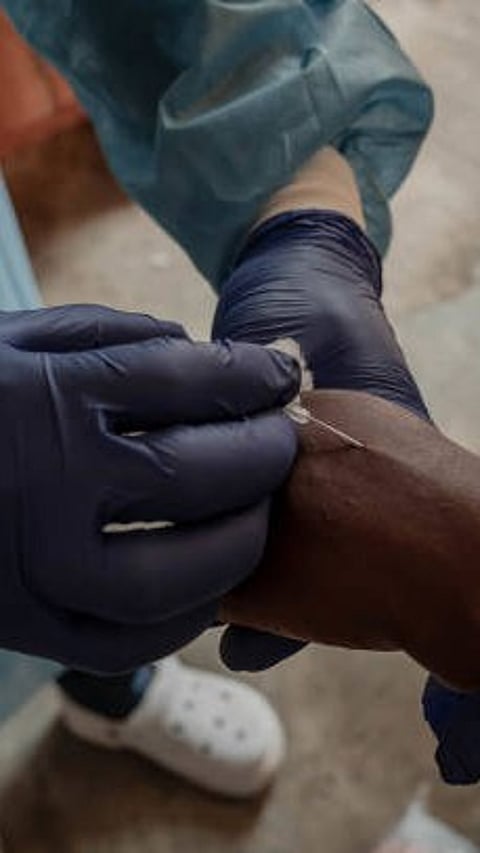
The recent Mpox outbreak as been a reminder that any infection in one corner of the world cannot be regarded as someone else's problem, because it can suddenly spread fast and that too in far regions.

As Mpox outbreak occurs, it is important to remember the wins of mankind against diseases. It's been 35 years since we bid an actual bye to 'smallpox' and there are some that we have almost eradicated.
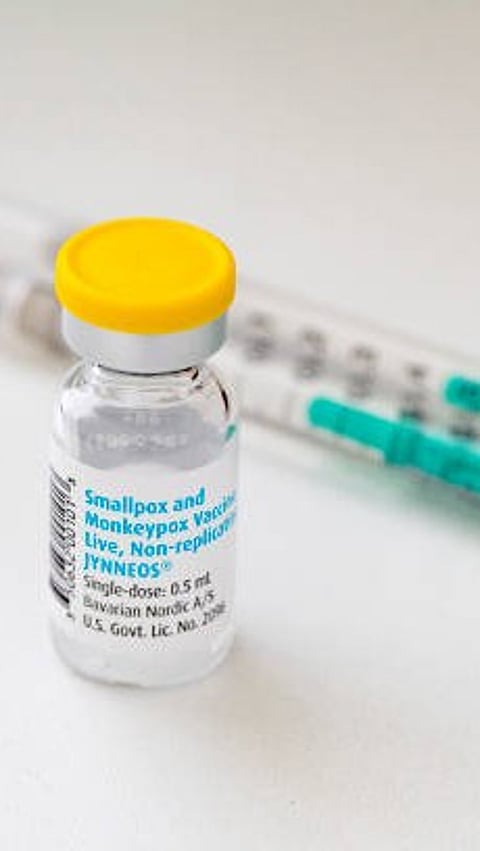
Caused by a parasite, Guinea worm is extremely painful and can make someone permanently weak. From 3.5 million cases in 1986, the figures today have come down to 14 cases, as per Carter Center.
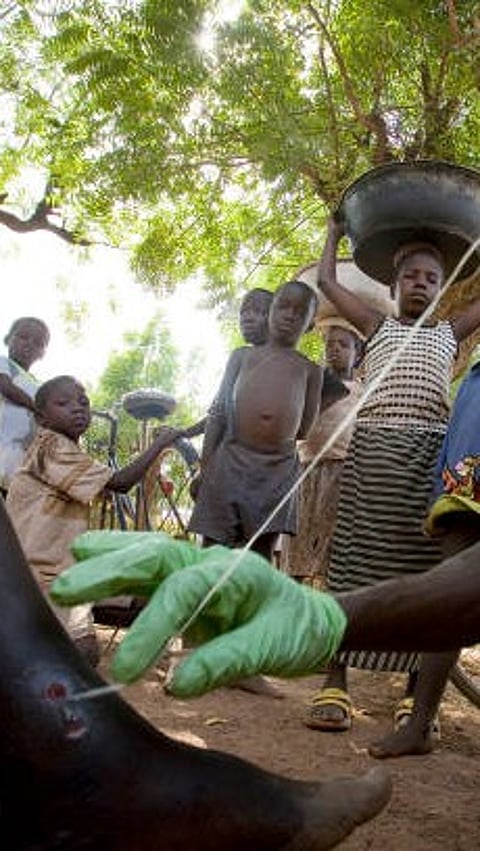
Measles is also highly contagious like smallpox, with serious complications like blindness, diarrhea among others. The cases have dropped by 75% since 2000, as per World Economic Forum.

A contagious diseases that causes the swelling of salivary glands in the cheeks and jaw. Though mumps outbreaks do happen occasionally, the cases are much rare now, WEF said.

Though it usually only causes a rash and cold-like symptoms, it is very dangerous for unborn babies in the first trimester. The US has declared it as officially eliminated but for the world, there's a lot of work left still.
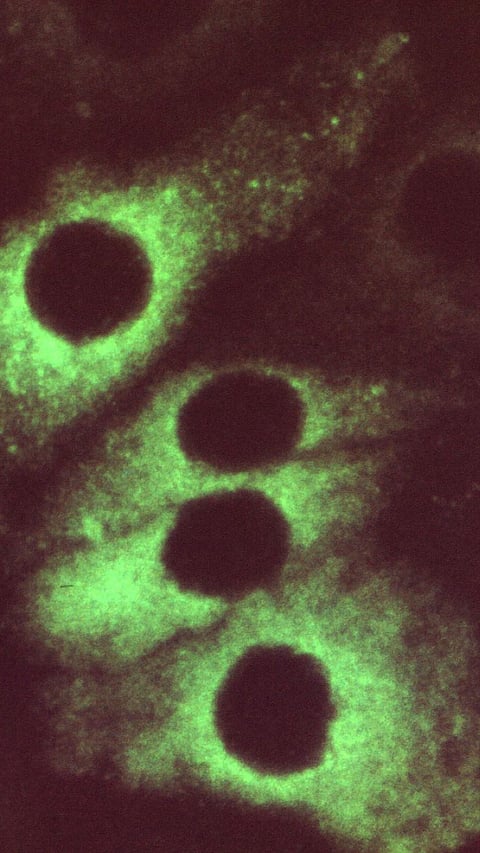
There is no cure for this crippling and sometimes deadly infectious disease. Most people recover fully, but only in about 1% cases there are permanent repercussions. The cases have reduced by 99% since 1988, WEF said.

The disease, also known as elephantiasis, is caused by parasitic roundworms like mosquitoes and is seen in nearly 100 countries in Africa & Asia. A 74% decline in such cases were seen as of 2018, WHO said.
